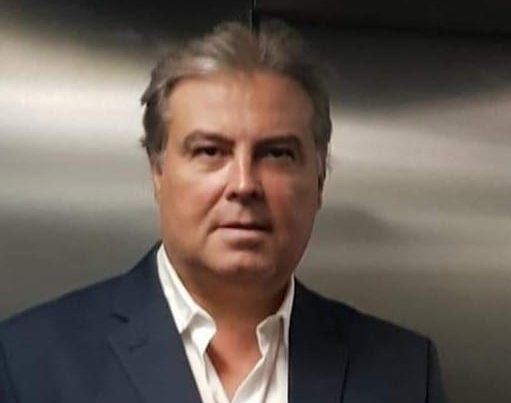Former Foreign Minister Adrian Cioroianu says that Romania has never been „safer” in terms of security than it is today, adding that being under the NATO umbrella does not mean that „we stay at home and others come and fight for our borders.”
„I think we started from the status of a country with many uncertainties, I am part (…) of the generations that remember the Madrid Summit of ’97, the post-card campaigns we conducted hoping to convince Western leaders that Romania could join NATO. And, well, it wasn’t in ’97. Then I remember President Bill Clinton’s visit to Bucharest. I think Romania had many uncertainties back then and today, 20 years later, I look at the generation of my students, for whom Romania’s NATO membership is an absolutely normal thing. Many of those who are 19 to 20 years old are born in a NATO country. So, there’s an amazing difference in perspective. From a security point of view, personally, I think Romania has never been safer,” Cioroianu said in a statement to AGERPRES on the 20th anniversary of Romania’s becoming a member of the North Atlantic Alliance.
Cioroianu believes that the most important moments to Romania on this journey were the signing of treaties with its neighbours.
„Because if it hadn’t happened then, I don’t know when it would have happened so quickly and without much tension. That is, if today we were in a position to resume the process, amid manipulations and fake news, I think things would be a little more delicate. I am thinking of the treaties with Ukraine, the one with Hungary.”
In Cioroianu’s opinion, if the war in Ukraine is prolonged, it will be necessary for young people to receive military training, „because otherwise we would end up asking them to defend their country, when nobody has taught them how.”
„It is true that we are under the NATO umbrella, but at the same time, we ourselves are not only security receivers. We must also be security providers and, as someone who has done military service, of course no young man is happy when he is called into the army, but after a few decades, you realise that that training also has its role for life.”
Cioroianu recalled Vladimir Putin’s presence in 2008 at the NATO Summit in Bucharest.
„I remember very concretely the NATO summit in 2008, for the simple reason that I was then Romania’s foreign minister, and I led the organisation of that summit and I waited for Putin at the airport. And that’s why, in a way, I’m disappointed with the evolution of the Russian narrative in the meantime, because now Russia says that’s when the crisis started, with the Bucharest Summit. However, Vladimir Putin’s presence at that time meant precisely that Russia was pleased that Ukraine and Georgia were not included in the pre-accession programme. And that’s why Vladimir Putin came then.”
He added that the war in Ukraine may weigh on the election of NATO’s next secretary general.
„Of course, the war in Ukraine changes many perceptions in Romania and in other NATO member states. And I think this backbone of NATO moved a little bit from the centre of the continent – think that for 40 years, during the Cold War, the backbone would run through Germany. There was the point of contact between NATO and the Warsaw Treaty. But now, it has moved to the eastern space, from the Baltic countries, to Poland, Romania and that could indeed lead to the election of a NATO secretary general who comes from this area, including President Iohannis,” concluded Cioroianu.
AGERPRES




